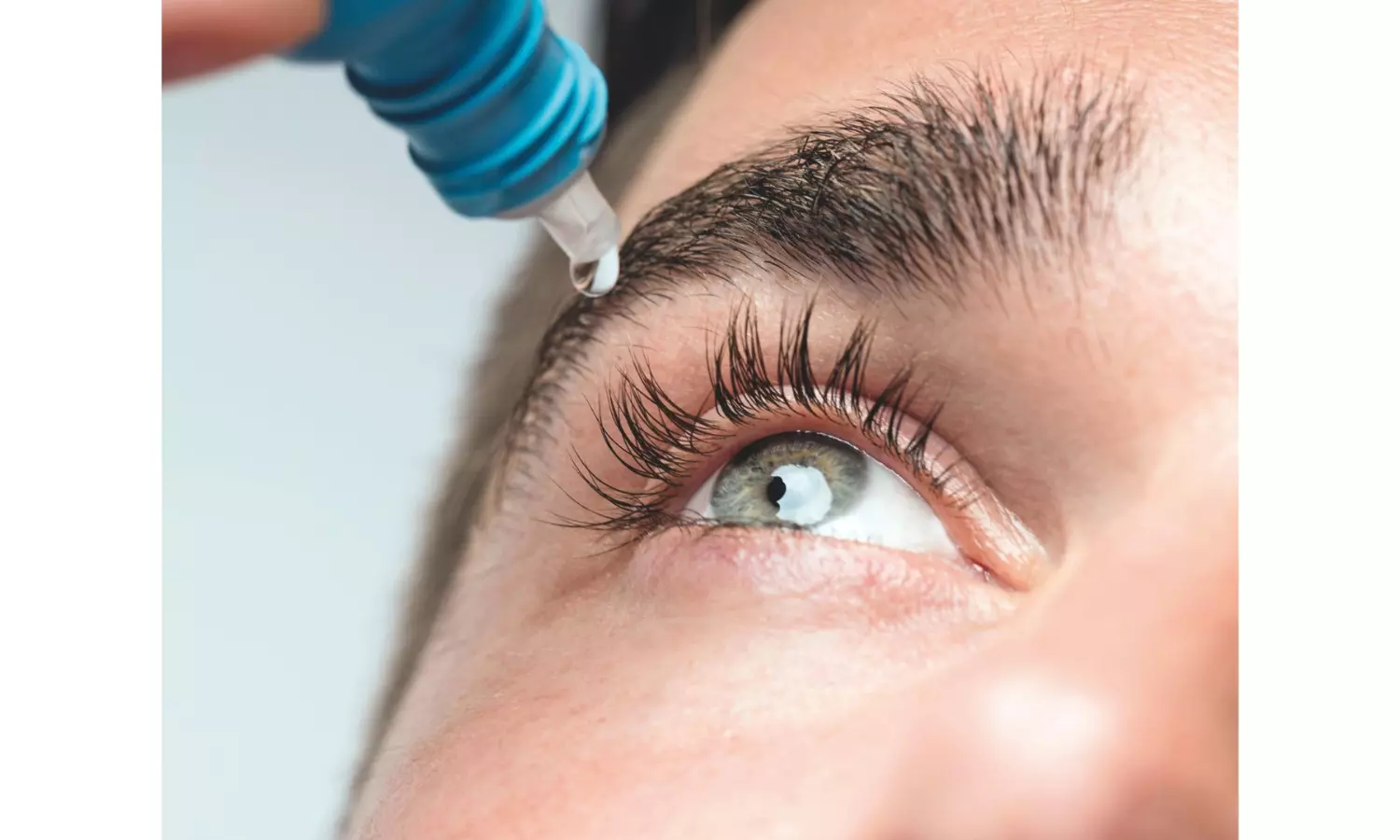Can eye drops replace glasses?
Mumbai-based ENTOD Pharmaceuticals’ claim to replace reading glasses for presbyopia patients 40 or older with their PresVu eye drop caused a sensation. On Sep 4, DCGI approved the treatment, but CDSCO halted it on Sept 10 due to safety concerns. This development sparked medical attention to weigh in;

In the wake of the above-mentioned controversy, ophthalmologist Dr. Lalit Singhal comments: “No, the eye drop cannot be a substitute for reading glasses and its requirements. As far as I know, PresVu is a pre-existing drug used in higher concentrations for management of angle-closure glaucoma, which is poorly tolerated by patients. This, in turn, induces miosis (decreasing pupil size), a kind of pinhole effect vision not really suitable for all and sundry.”
Joining the debate, eye specialist Dr. Abha Gahlot states that “the usual course of treatment for presbyopia, a disorder in which the eye loses its ability to focus on the surrounding objects, is the use of corrective lenses like reading glasses.”
She further explains that “eye drops may only provide momentary comfort by enhancing near vision through pupil constriction or changing the eye’s capacity to zero in on particular things. Whether eye drops can completely replace a pair of glasses despite its continuous usage is subject to evidence. That’s why verification of such claims is contingent on the availability of clinical data and regulatory approvals. While ophthalmic innovations and pharmacological interventions are welcome, consumers should adopt a cautious approach, speak to the concerned doctor, and depend on the tried-and-tested therapies to minimise the looming threats.”
In general it is argued that not all people can actually benefit from these moistening agents in equal measure due to individual differences in the level of presbyopia affecting one’s eye.
“Well, convenience must be evaluated against the possibility of unpleasant side effects or discomfort from the frequent usage of prescription medicines. While on one hand we openly embrace and never discount the disruptive advances made in the field of medical science, on the other hand, it's important to exercise constructive criticism on accepting health-related claims until more scrupulous, independent probes substantiate a medicine’s status as trustworthy,” notes Dr. Gahlot, also the senior consultant at the ophthalmology department of Sharda Hospital.
Eye expert Dr. Holmes Naorem shares that “Vuity is a similar FDA-approved eye drop containing pilocarpine, which is already in use and is the first and the only one so far. These drops can only correct mild to moderate degrees of presbyopia, especially in the age bracket of 40 to 55 years, as investigated in clinical trials. Beyond this, reading glasses will have to supplement for better clarity.”
Probable Side Effects
Warning of side-effects, Naorem says that “some might suffer eye irritation, excessive tearing, headache, blurry vision, et al with the use of this drug. So, in my opinion, any eye drop cannot fully replace reading glasses, nor it should be recommended for all. It may only lend some relief to people with lower degrees of presbyopia who do not want to wear reading glasses.”
Regulatory Agency’s Nod
Initially, the Drug Controller General of India (DCGI), the country’s apex drug regulatory agency, had approved the medicine on Sept 4 but the same was suspended by CDSCO (Central Drugs Standard Control Organisation) on Sept 10 due to the company's alleged unauthorised promotions, which raised concerns about the product's safety and misuse. The eye drop was earlier planned to be launched domestically in the first week of October. Following the suspension of its manufacturing and marketing licence, its fate is now in limbo. Wholeheartedly supporting this decision by the regulatory body, Dr. Singhal asserts that “since the Indian market is not regulated, anyone can have access to these medicines even without a prescription. It may harm people whom this drug is contraindicated.”
Backing the controlling body’s decision as a prudent and necessary action, Dr. Gahlot highlights that “the company’s alleged premature and unregulated marketing efforts are no doubt a cause for worry. Such moves can mislead consumers, especially when it comes to medical treatments that impact sensitive areas like vision.”
Supervisory bodies are entrusted with safeguarding public health and by halting the launch of the eye drops, the doctors feel that the regulatory agency is laying an emphasis on maintenance of proper protocols. “The suspension order reflects a commitment to consumer safety, prioritising thorough evaluation and responsible marketing over commercial gains,” endorses Dr. Gahlot.

